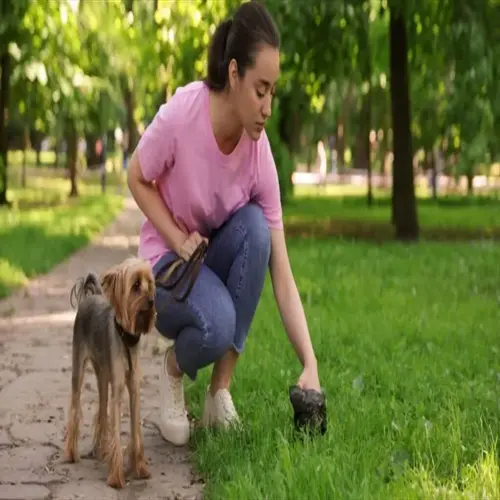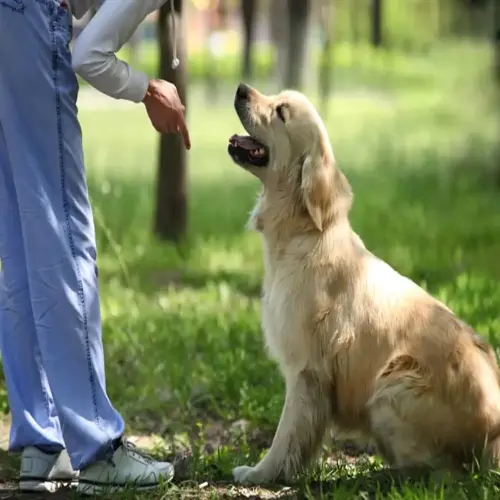How does nutrition change for senior dogs?

Written by
Susan Taylor
Reviewed by
Prof. David Walsh, Ph.D.As dogs age significantly, their nutritional needs must be adjusted accordingly. Metabolism slows down, and the health of joints and organs must be taken into account. Changing to specialized formulas that meet their evolving biological needs with altered nutritional requirements will help sustain canine vitality during their golden years.
Joint Support
- Glucosamine supplements maintain cartilage health
- Chondroitin reduces arthritis inflammation
- Omega-3 fatty acids improve joint lubrication
Organ Health
- Reduced phosphorus eases kidney strain
- Antioxidants support liver function
- Controlled sodium benefits heart health
Digestive Ease
- Increased fiber regulates bowel movements
- Probiotics maintain gut flora balance
- Prebiotics support nutrient absorption
Portion control is important for senior dogs. Always feed moderate amounts by using standard 8-oz. Cups. A 20 lb. dog should be fed 1/2 cup twice a day. Adjust the portions every 3 months to account for changes in activity level. Weigh regularly to prevent undue weight loss or gain.
Make the switch slowly to senior formulas over 7-10 days, by mixing increasing amounts of senior formulas with your current food. This will help you avoid digestive upset and allow your dog to adjust to its new food. Be sure to monitor your dog's stool consistency during this transition for any issues.
Supplements should be done with vet approval. Call your vet before adding glucosamine or any additive. Your vet determines the proper dosage based on a patient's weight and health. Your vet provides oversight to prevent harmful and dangerous interactions with your pet's current conditions.
Hydration remains important, even if activity levels decrease, so consider adding multiple water stations throughout your house. For those who do not drink enough, consider adding some broth to meals. In all cases, monitor water intake, as it may decrease when kidney problems arise.
Read the full article: 9 Essential Senior Dog Care Tips for Golden Years

